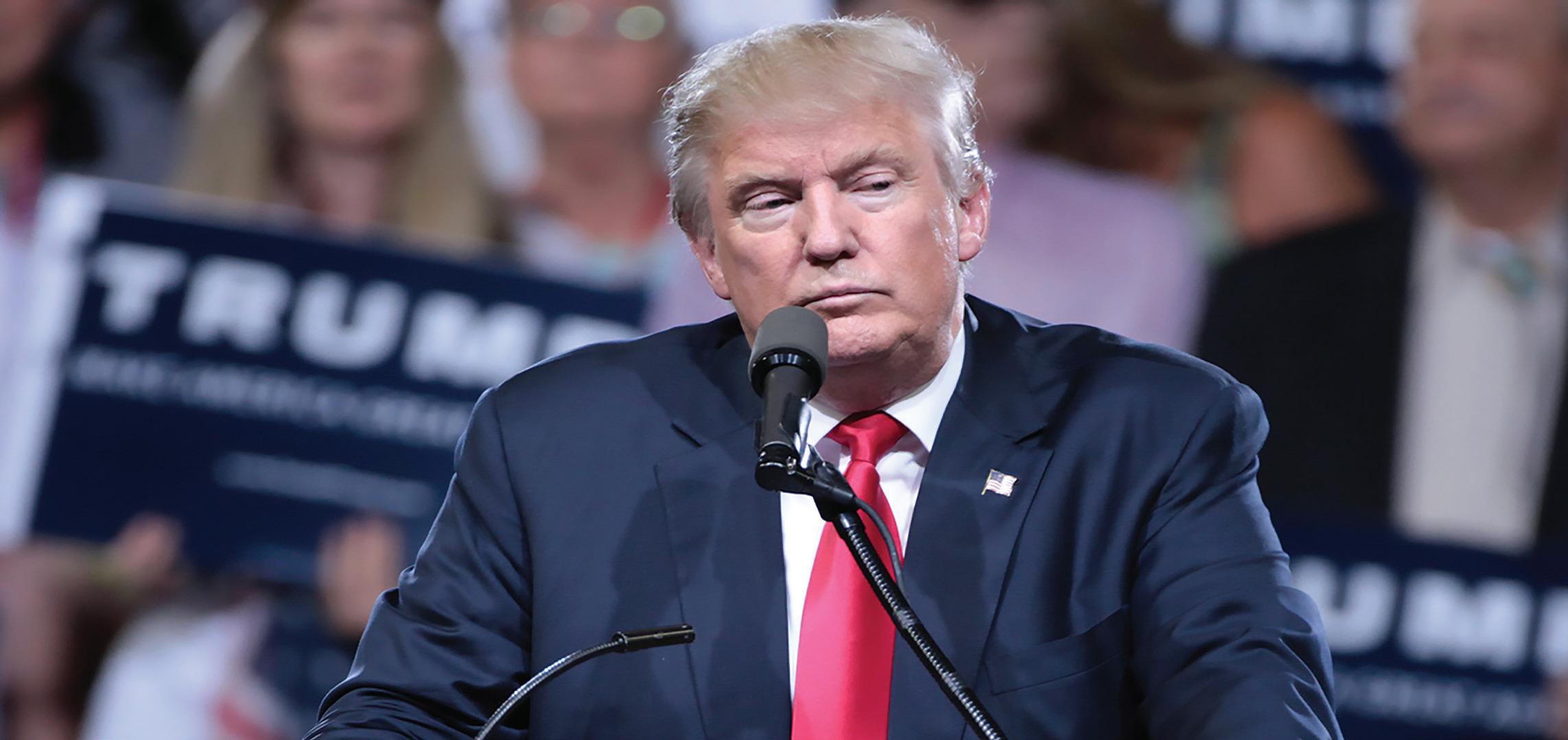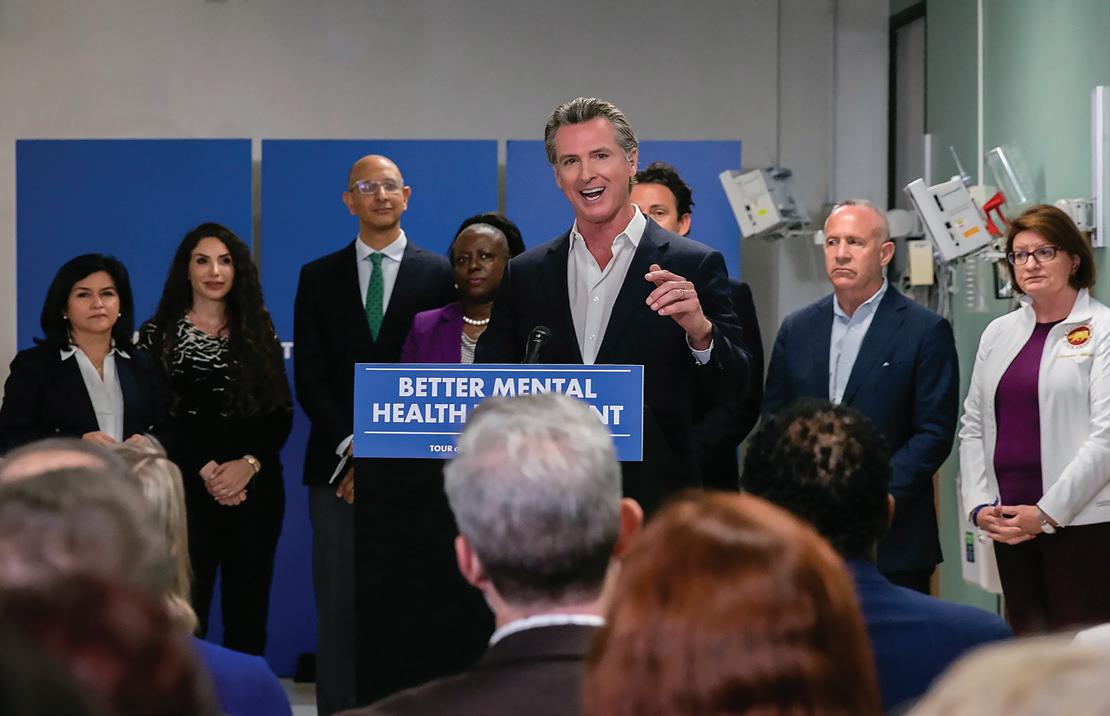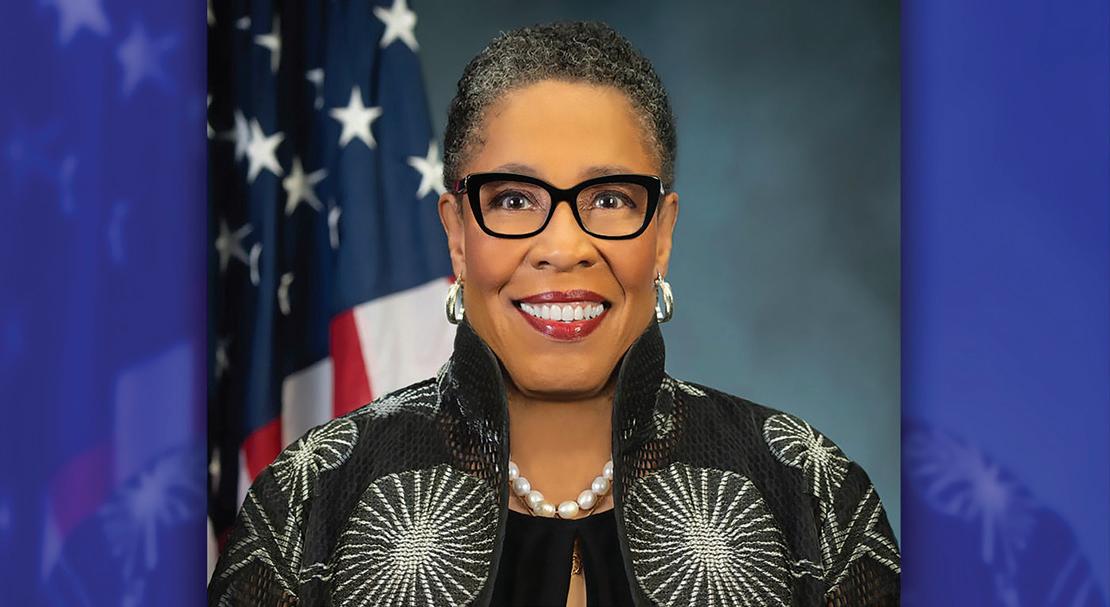
6 minute read
Twitter pulls check mark from main New York Times account
social media platform.
Musk, who owns Twitter, set a deadline of Saturday for verified users to buy a premium Twitter subscription or lose the checks on their profiles. The Times said in a story Thursday that it would not pay Twitter for verification of its institutional accounts.
Advertisement
Groceries/food Credit: Photo by Maria Lin Kim on Unsplash
Food security advocates, policymakers, and others had been warning of the dire consequences to those most in need if Congress chose to halt the extra allotments of SNAP benefits. Still, the Republicanled House let the COVID-era supplemental payments wind down at the end of February.
Those closest to the problem say the consequences are already evident in the days since the extra allotments ended. The issues of hunger and food insecurity are being pushed to the forefront of the nation’s myriad challenges. The abrupt benefit cuts are estimated to affect more than 30 million people in 35 states.
On the frontlines, activists fighting the twin scourges of hunger and homelessness, like Anne Miskey, Kymone T. Freeman, and Daniel de Pielago, contend that this and other crises were avoidable. Still, Congress, other elected officials, and society at large lack the political will or the compassion to eliminate what is essentially a man-made problem.
“Yet, although the SNAP extra allotments, stimulus funds, and other assistance from the federal government helped stave off hunger and homelessness during the COVID crisis, Kymone T. Freeman said, the politicians have inexplicably allowed a critical lifeline to expire.

Freeman said politicians are more concerned about staying in office and catering to the donor class and the wealthy instead of focusing on and delivering programs, projects, and policies to working- and middle-class Americans, particularly African Americans.
“This sounds like more austerity to me. The fact that they are cutting anything now is obscene and immoral. All it means is more hardship for the poor,” said Freeman, a social justice activist, playwright, and co-founder of WEACT Radio in Washington, DC. “This will increase crime, poverty, distress, and misery. The cuts are contributing to hunger. Thirty percent of the children in Washington, DC, live in poverty. A budget is a moral document, and this is where their morality lies.”
Miskey, executive director of Union Station Homeless Services in Los Angeles, California, agreed.
“Much of the inflation and high prices we’re seeing is because of corporate greed. We’re expecting homelessness to skyrocket,” Miskey said. “During COVID, we rented all these hotels and shelters. We managed pretty well
Twitter pulls check mark from main New York Times account...continued its business news and opinion pages still had either blue or gold check marks on Sunday, as did multiple reporters for the news organization. bracing for the loss of the blue check marks that helped verify their identity and distinguish them from impostors on the
Early Sunday, Musk tweeted that the Times’ check mark would be removed. Later he posted disparaging remarks about the newspaper, which has aggressively reported on Twitter and on flaws with partially automated driving systems at Tesla, the electric car company, which he also runs.
Other Times accounts such as
“We aren’t planning to pay the monthly fee for check mark status for our institutional Twitter accounts,” the Times said in a statement Sunday. “We also will not reimburse reporters for Twitter Blue for personal accounts, except in rare instances where this status would be essential for reporting purposes,” the newspaper said in a statement Sunday.
The Associated Press, which has said it also will not pay for the check marks, still had them on its accounts at midday Sunday.
Twitter did not answer emailed questions Sunday about the removal of The New York Times check mark.
The costs of keeping the check marks ranges from $8 a month for individual web users to a starting price of $1,000 monthly to verify an organization, plus $50 monthly for each affiliate or employee account. Twitter does not verify the individual accounts to ensure they are who they say they are, as was the case with the previous blue check doled out to public figures and others during the platform’s pre-Musk administration.
While the cost of Twitter Blue subscriptions might seem like nothing for Twitter’s most famous commentators, celebrity users from basketball star LeBron James to Star Trek’s William Shatner have balked at joining. Seinfeld actor Jason Alexander pledged to leave the platform if Musk takes his blue check away.
The White House is also passing on enrolling in premium accounts, according to a memo sent to staff. While Twitter has granted a free gray mark for
HUD Announces $5.5 Million Award for HUBCUs to Conduct Housing and Community Development Research
By Stacy M. Brown, NNPA Newswire Senior National Correspondent
Mapping Africa’s natural resources


Nearly half the world’s gold and one-third of all minerals are in Africa. Here’s a look at the resources African countries have
“This funding will bolster efforts HBCUs are making to expand opportunities for underserved communities and strengthen community development,” said HUD Secretary Marcia Fudge.
The U.S. Department of Housing and Urban Development announced awards totaling $5.5 million for Historically Black Colleges and Universities (HBCUs) to conduct housing and community development research.

The announcement came during a Black Media Roundtable hosted by HUD Secretary Marcia Fudge.
Adjoa Asamoah, HUD’s senior advisor for Racial Equity; Melody Taylor, regional director for the Mid-Atlantic Office of Fair Housing and Equal Opportunity; Alanna McCargo, president of Ginnie Mae; and Erica Loewe, the director of African American Media at The White House, also participated in the roundtable.
“HBCUs create economic opportunity both for their students and throughout the communities they serve,” Fudge stated.
“At HUD, we are proud to partner with HBCUs to expand the voices in the housing research space to support strong communities, build affordable housing, create job opportunities, revitalize neighborhoods, and promote homeownership.”

HUD will provide the funding to Texas Southern University ($3 million) and North Carolina AT&T University ($2.5 million) to establish or bolster their existing Centers of Excellence that conduct housing and community development research.
At Texas Southern, the school’s research will focus on individual and community wealth building, and housing security and stability. It also will focus on planning and infrastructure inequity that affects underserved communities.
At North Carolina AT&T, the funds will allow the university to establish a center with research that would focus on the production of affordable housing, homeownership, renewable energy, sustainable communities, and post-disaster recovery.
“This funding will bolster efforts HBCUs are making to expand opportunities for underserved communities and strengthen community development,” Fudge stated.
Under Fudge, HUD has worked to advance racial equity and ensure steps to make homeownership more accessible for Black Americans.
In a Fact Sheet, HUD officials noted that through the Federal Housing Administration, the agency has implemented major reductions to the annual premiums it charges homebuyers for mortgage insurance.
Officials said the action will help Black low-and-moderate income residents save an estimated $600 million in the next year, and billions over the next decade.
Additionally, HUD’s Fair Housing and Equal Opportunity issued a policy statement in 2021 about making way for lenders to resolve inequities in homeownership that individuals of color face.
Previously, the agency published a notice of proposed rulemaking to restore the department’s Discriminatory Effects Standards and allow policies that unjustifiably exclude people from housing opportunities to be challenged.
The powerful tool for HUD and private plaintiffs to address polices that cause systemic inequality in housing, includes policies on criminal records, zoning requirements, lending and property insurance policies that impact equal access to housing opportunities for Black people, HUD officials stated.
Beneath the surface of Africa lies a wealth of mineral resources of enormous value. In 2019, the continent produced almost 1 billion tonnes of minerals worth $406bn.
According to the United Nations, Africa is home to about 30 percent of the world’s mineral reserves, 12 percent of the world’s oil and 8 percent of the world’s natural gas reserves.
The continent also holds 40 percent of the world’s gold and up to 90 percent of its chromium and platinum – both valuable metals.
A world of minerals in your mobile phone


More than half of a mobile phone’s components – including its electronics, display, battery and speakers – are made from mined and semi-processed materials.
Lithium and cobalt are some of the key metals used to produce batteries. In 2019, about 63 percent of the world’s cobalt production came from the Democratic Republic of the Congo (DRC). Tantalum is another metal used in electronic equipment. Tantalum capacitors are found in mobile phones, laptops and in a variety of automotive electronics. The DRC and Rwanda are the world’s largest producers of tantalum. Together they produce half of the world’s tantalum.
Top minerals per country continent’s largest producer of gold, followed by South Africa and Mali.
Industrial minerals such as diamonds, gypsum, salt, sulphur and phosphates were the main commodity for 13 African countries. The DRC is Africa’s largest industrial diamond producer, followed by Botswana and South Africa. Botswana ranks number one in Africa for the production of gem-quality diamonds – used for jewellery.
Mineral wealth
At $125bn per year, South Africa generates the most money from its mineral resources. Nigeria comes in second with $53bn per year, followed by Algeria ($39bn) Angola ($32bn) and Libya ($27bn).
These five countries produced more than two-thirds of the continent’s mineral wealth.
The world’s minerals




